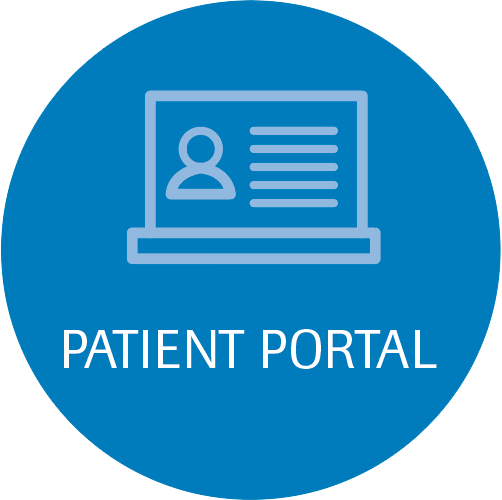What Patients and Guests Should Know About Infection Control
Did you know?
- Every time you cough, you send germs into the air at speeds faster than 100 mph!
- Almost all colds and other upper respiratory infections (more than 90%) are caused by viruses–not bacteria.
- Poor nutrition and poor general health lower your resistance to infection.
What is infection control?
Infection control is doing everything possible to prevent the spread of infection among patients, health care workers, and visitors.
Why is infection control important?
In a hospital, patients are cared for by many health care workers in very close quarters. Frequent contact is made between people who have an infection or can spread one, and people who can become easily infected. Also, some types of procedures can increase a patient’s risk of infection. Preventing infections is important to help patients recover quickly and stay as healthy as possible.
What kinds of infections occur in hospitals?
- Urinary tract infections
- Wound infections after surgery
- Blood infections
- Respiratory infections
Who can get an infection?
Anyone can get an infection, but some people are at special risk because their immune systems are weak. Others are at risk because they have had a procedure that, while saving their life, may have increased their risk of infection. In a hospital, it is especially important to prevent infections in these groups:
- Patients
- Visitors
- Hospital Staff
Who is at special risk for infection?
- Newborn babies
- Older adults
- People with diabetes
- Surgery patients
- People taking medications, like antibiotics, and transplant patients taking immunosuppressive drugs
- People with tubes for fluids or medications, for example: urinary catheters and IVs
- People with poor general health
- People being treated for cancer
- Patients hospitalized for a long time
- Very ill patients, such as those in ICUs
What are the four conditions that must be present for a person to get an infection?
- First, there must be a germ: bacteria or virus, fungus, or parasite.
- There must be a place for the germ to live in a person, an animal, a plant, food, or soil.
- The person must be at risk for an infection and unable to fight it off.
- There must be some way for the germ to enter the person or “host” through tubes, needles, or body sites (open skin, the mouth, or the nose). An expectant mother can also pass germs to her unborn baby.
What are some examples of ways infections are spread?
- By direct contact, such as touching an open wound with unwashed hands.
- By indirect contact, such as when a person has contact with something that is contaminated (dirty).
- By being carried through the air, such as when people sneeze or cough.
How can you keep from getting an infection or spreading one to someone else?
- Cleanliness is the key to infection control. The best way to prevent the spread of infection is through good hand-washing.
How should you wash your hands?
How should you wash your hands?
- Wash your hands by rubbing them together for 10 to 15 seconds, using soap and lots of water or an alcohol-based hand rub.
When should you wash your hands?
- Before and after giving patient care or having contact with a patient.
- After using the toilet, blowing your nose, or sneezing.
- After handling contaminated (dirty) items.
- Before and after eating, drinking, or handling food.
- When your hands look dirty.
- Everyone should wash his or her hands before and after entering a patient’s room.
What other ways can you help prevent infections?
- Always use good personal hygiene.
- Don’t share patient-care items, such as creams, glassware, or towels.
- Take an active part in your care.
- If you have an illness that could be dangerous to others, don’t visit the hospital while you are infectious.
- If you have questions about certain situations, ask a doctor or nurse.
- Be aware of infection possibilities and early signs of infection (redness, swelling, fever).
Other thigs to know:
- Most patients can receive live plants. Those who cannot include patients in intensive care units, and those receiving drugs that suppress their immune system. But these patients can receive silk flowers and balloons.
- To keep germs from growing, foods must be refrigerated as needed.
- Food left unrefrigerated or in the open may attract flies and grow bacteria.
- Personal pets are not allowed in the hospital.
Thank you for helping us prevent infections by:
- Knowing infection control procedures and rules.
- Cooperating with the hospital staff at all times.
- Taking an active role in your own or your patient’s care.
If you have any questions, please ask your doctor or nurse or call Jackson Hospital’s Infection Control Office at: (850) 718-2524





